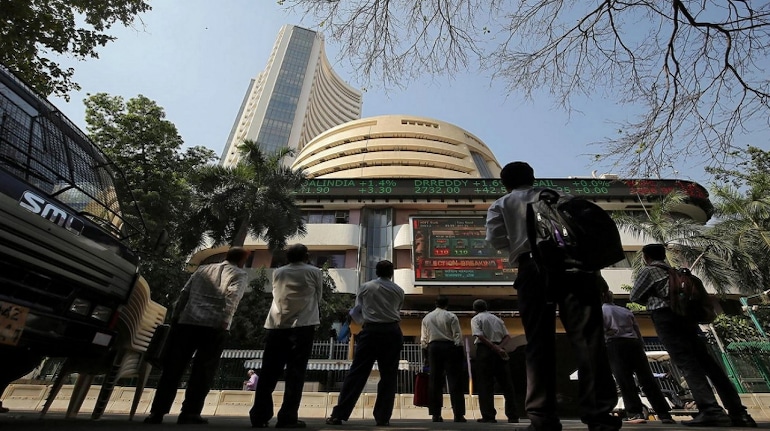



Showcasing the rising dominance of domestic investors at Mumbai’s Dalal Street, the gap between the holdings of Foreign Institutional Investors (FIIs) and Domestic Institutional Investors (DIIs) narrowed to its lowest level in the December quarter. DIIs holding is now just 24.09 percent lower than FII holding, as per a report.
Over a 13-year period (since June 2009), the share of FIIs has increased from 16.02 percent to 20.18 percent while that of DIIs has increased from 11.38 percent to 15.32 percent, according to PRIME Database Group report.
On the contrary, the share of private promoters in companies listed on the National Stock Exchange (NSE) decreased to a 3-year low of 43.25 percent as of December 31, 2022, from 44.59 percent on September 30, 2022.
Despite the selloff by promoters, as per the Prime Database report, there were 11 companies in which the trinity of promoters, FIIs, and DIIs all increased their stake during the December quarter. The names include (in descending order by market capitalisation) Natco Pharma, Vardhman Textiles, Granules India, Garware Technical Fibres, Hikal, Kaveri Seed Co., Power Mech Projects, Marksans Pharma, Bajaj Healthcare, Pitti Engineering and S.P.Apparels.
Underlining the tectonic change, the report noted that the share of DIIs along with retail and High Net-worth Individual (HNI) investors reached another all-time high of 24.44 percent as of December 31, 2022, from 24.25 percent as of September 30, 2022, as per the report.
According to Pranav Haldea, Managing Director, PRIME Database Group, a structural shift in relation to foreign and domestic investors has taken place in the Indian market. To put this into perspective, the FII share was 23.30 percent as of March 31, 2015, while the combined share of DII, retail, and HNI was just 18.47 percent.
What domestic mutual funds boughtShare of domestic mutual Funds (MFs) in companies listed on the NSE rose for the sixth quarter running and reached an all-time high of 8.09 percent as of December 31, 2022, up from 7.97 percent as of September 30, 2022.
The share has increased on the back of net inflows by domestic MFs of INR 22,698 crore during the quarter.
Mutual funds increased their exposure to Financial Services and Industrials sectors while trimming down their exposure to utilities.
FSN E-Commerce Ventures, the parent of Nykaa and LTIMindtree saw the highest buying worth Rs 6,445 crore and 4,410 crore, respectively, by mutual funds.
ICICI Bank and HCL Tech saw the highest selloffs worth Rs 3670 crore and Rs 3,073, respectively in the December quarter.
What insurance companies boughtShare of Insurance companies as a whole also increased to a 5-year high of 5.65 percent as of December 31, 2022 up from 5.57 percent as of September 30, 2022, as per the Prime Database report.
Public insurance behemoth LIC continues to command a lion’s share of investments in equities by insurance companies, at least 70 percent share or Rs 10.91 lakh crore.
LIC’s share, across 268 companies where its holding is more than 1 percent, increased to 3.95 percent as of December 31, 2022 from 3.87 percent as of September 30, 2022.
Insurance companies increased their exposure to energy and FMCG sectors in the previous quarter.
Tata Consultancy Services ( Rs 3,579 crore), Reliance Industries ( Rs 3,335 crore), and Nykaa saw the highest buying by insurance companies (Rs 3,255) in the December quarter.
[Disclaimer: MoneyControl is a part of the Network18 group. Network18 is controlled by Independent Media Trust, of which Reliance Industries is the sole beneficiary.]Discover the latest Business News, Sensex, and Nifty updates. Obtain Personal Finance insights, tax queries, and expert opinions on Moneycontrol or download the Moneycontrol App to stay updated!
Find the best of Al News in one place, specially curated for you every weekend.
Stay on top of the latest tech trends and biggest startup news.